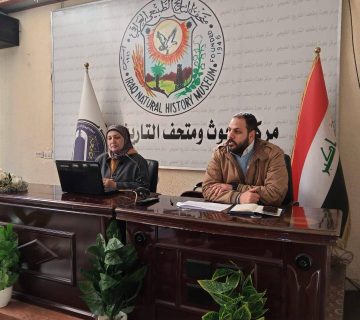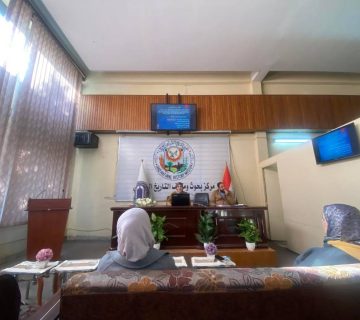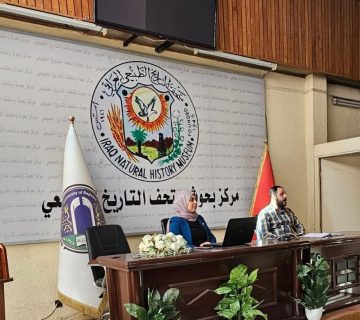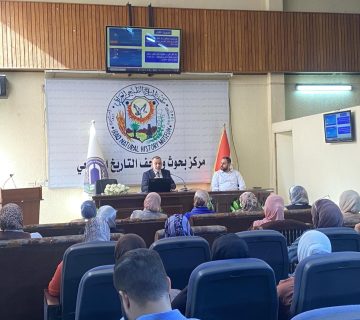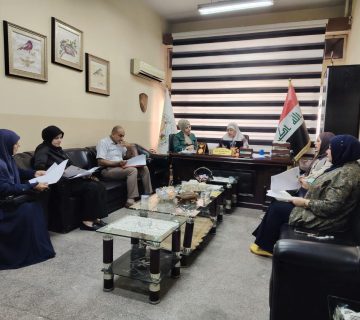Our center continues its series of scientific activities with a workshop on “Using Clotrimazole in Treating Some Fish Diseases.” Led by lecturer Muhammad Enad Ghazwan from the Department of ichthology Sciences, the workshop explored the potential of this antifungal medication.
What is Clotrimazole?
Clotrimazole is a broad-spectrum antifungal medication commonly used to treat skin infections in humans and animals. It works by disrupting the fungal cell membrane, leading to cell death.
Fungal Diseases in Fish:
The workshop highlighted three major skin fungal diseases affecting fish:
Saprolegnia: This fungal infection often appears as cotton-like patches on the fish’s body.
Ichthyophonosis: This internal fungal disease can cause weight loss, lethargy, and swelling in fish.
Branchiomycosis: This fungal infection affects the gills, causing difficulty breathing in fish.
Clotrimazole for Fish Treatment:
While commercially available clotrimazole is not specifically formulated for fish, the workshop discussed its potential for treating fungal infections:
Poultry, dog, and cat clotrimazole drops: These have been used with some success to treat fungal infections in fish and even fish eggs.
Human Clotrimazole Ointment: This can be applied to treat skin lesions caused by fungal infections, particularly in larger fish on breeding farms.
The Need for Specialized Fish Treatment:
The workshop emphasized the importance of developing fish-specific clotrimazole formulations. This would ensure proper dosage and application methods for optimal effectiveness and fish safety.
By exploring alternative treatment options like clotrimazole, we can continue to improve fish health and disease management. We commend Dr. Ghazwan for his valuable insights and our center’s dedication to scientific advancement for the betterment of the aquaculture industry.


